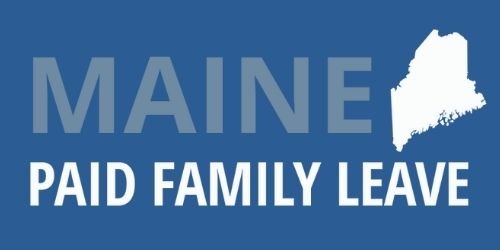
It’s time for paid leave possibilities.
Our Values
The Maine Paid Leave Coalition is committed to working together to implement statewide universal Paid Family and Medical Leave that aligns with the following values.
Universal: All workers should have access to paid family and medical leave regardless of the size of the business, their sector of the economy, full- or part-time status, or self-employment. Carve-outs or opt-outs make the program more expensive and potentially unsustainable.
Gender inclusive and gender responsive: Paid family and medical leave policies must include all workers of all gender identities including men, women, transgender and non-binary people.
Job protection: Studies show that many workers will not use paid family and medical leave or take the length of time they need because they fear they may lose their jobs, even if they pay into the program.
Comprehensive definition of family: No two families are alike. PFML policies define family in the most comprehensive way possible to ensure workers can care for their family members.
Comprehensive coverage, including parental, medical, and family care leave: This includes covering leave for bonding with and caring for a new child, caring for a sick family member, addressing one’s own serious medical and mental health needs, and preparation and reintegration following military deployment.
Social insurance system funding: Evidence and experience from programs around the world demonstrate advantages to funding PFML through a social insurance model. It is more cost efficient, the benefits are easily portable, and business owner expenses are more predictable.
Publicly administered program (not by a third-party, non-profit, or other private entity).
Federal proposals should not prevent states from enacting more robust paid family and medical leave laws. State proposals should not preempt local proposals.
Adapted from The Work Family Strategy Council.
Provide adequate levels of wage replacement for all workers: Wage replacement rates need to be high enough for workers to live on. This is especially important for low income workers. Without adequate wage replacement, many eligible low-wage workers do not take leave because they risk financial instability with lower benefit levels.
Adequate time off: Workers must have a reasonable and sufficient number of weeks of leave to allow them to fully address their needs.
Paid by both workers and employers: Workers and employers should both pay into the system.
Quality outreach and education: All workers must have equal access to information about benefits. Research shows that low-income workers, workers of color, and workers with less than a college education are the least likely to know about or access their state’s paid family and medical leave program.



